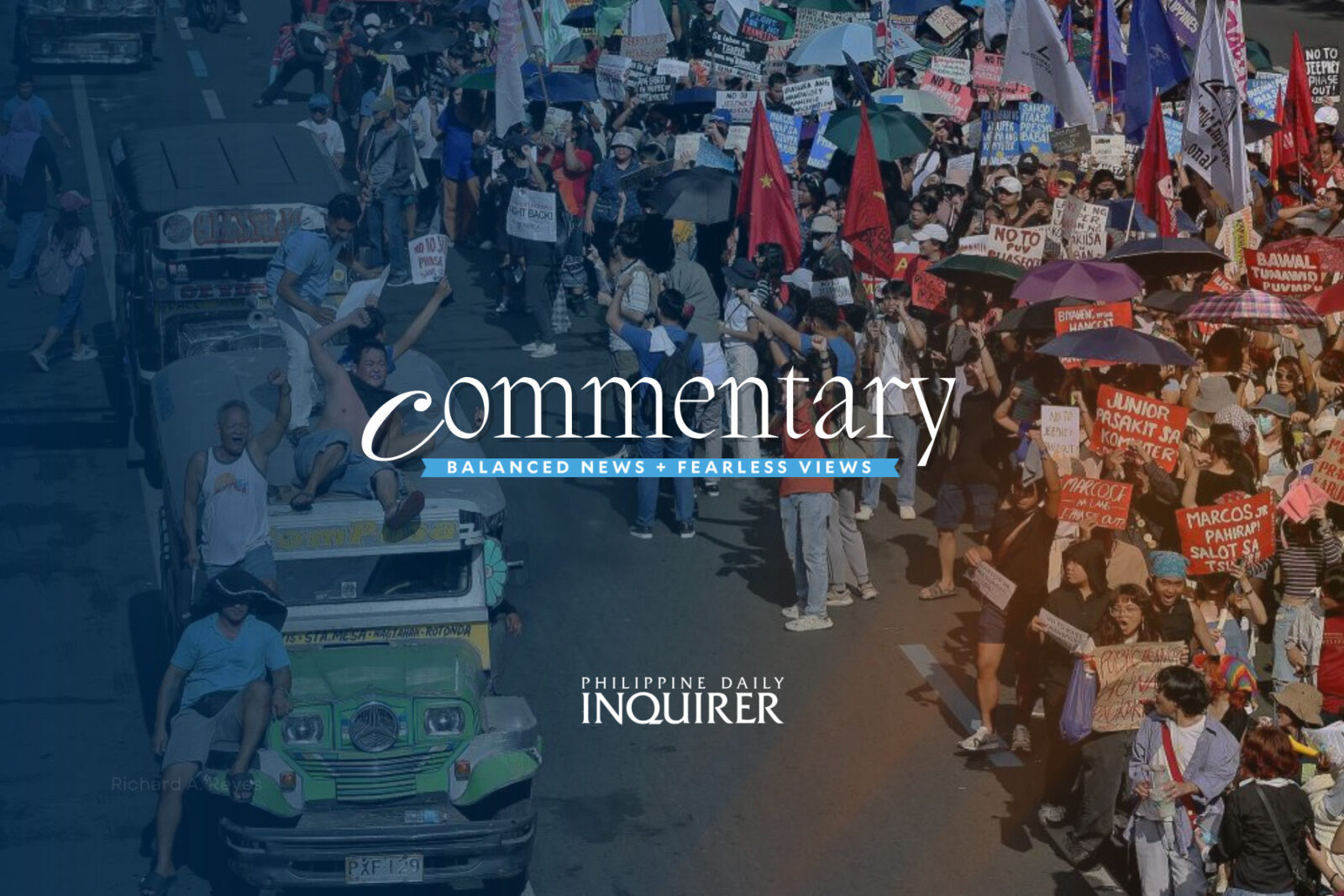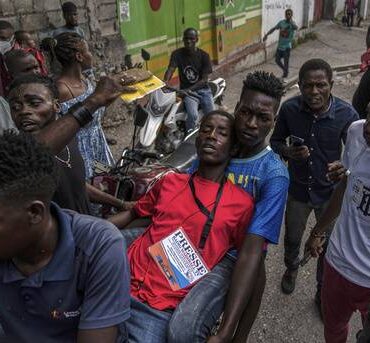Impact of US funding freeze on NGOs

Dhaka—In January 2025, the Trump administration froze all foreign aid from the United States Agency for International Development (USAID), causing widespread disruptions to global humanitarian efforts. The decision led to the agency’s website being taken offline, workforce reductions, and plans to dismantle the funding agency itself.
A BBC Bangla report highlighted how the funding cuts are impacting nongovernment organization workers in Bangladesh, with 87 NGOs directly funded by USAID. According to the NGO Affairs Bureau, more than 10,000 employees were directly employed in USAID-funded projects, all of whom have now become unemployed. With most of them being contractual workers, they did not receive severance or financial compensation.
Meanwhile, essential services such as health care, education, agriculture, food security, democracy, governance, environmental protection, energy, and humanitarian assistance have been severely affected, putting millions of underprivileged people at significant risk.
The impact of the funding suspension has been catastrophic. The hardest-hit regions include Africa, Asia, the Middle East, and Latin America, where thousands of humanitarian projects have been abruptly terminated. The survey found that many NGOs relied on US funding—primarily through USAID’s Bureau for Humanitarian Assistance and the Bureau of Population, Refugees, and Migration—to sustain their operations.
The funding freeze has led to a “sudden stop in lifesaving support” for over three million internally displaced people in one unnamed Asian nation alone. Medical services have been severely impacted. In Africa, HIV-positive children are dropping out of treatment programs due to medication shortages. In Asia, cholera and malaria prevention efforts have been halted, increasing the likelihood of outbreaks. In America, the suspension has forced the closure of sanitation facilities providing clean water and hygiene services to thousands of Venezuelan refugees, heightening public health risks.
The effects of the funding freeze extend beyond service disruptions. Findings by the International Council of Voluntary Agencies (ICVA) indicate that the suspension has eroded trust between NGOs, governments, and local communities. Many NGOs now face liquidity crises as the US government owes millions in unpaid reimbursements. Without these funds, organizations have been forced to downsize, scale back operations, or shut down entirely. The loss of trained humanitarian personnel threatens to dismantle years of progress in capacity-building and crisis response, further jeopardizing the ability of NGOs to address emerging crises.
The suspension has disproportionately affected women and children, who are already the most vulnerable in crisis situations. The report highlights increased risks of gender-based violence, child labor, and early marriages as families struggle to cope with the loss of assistance. One NGO in Latin America reported that the cessation of advocacy programs has made it harder for survivors of domestic and sexual violence to seek justice, increasing impunity for perpetrators. In Africa, orphans and children affected by HIV/AIDS have lost access to education and nutrition programs, putting them at even greater risk of exploitation.
The funding halt has triggered a ripple effect across the broader humanitarian sector. United Nations agencies and international NGOs (INGOs) that rely on US funding to support local partners have had to pass on the cuts. More than 80 percent of NGOs receiving US funding depend on intermediaries like INGOs or the UN to channel resources. With these organizations also facing funding constraints, the entire humanitarian infrastructure is now at risk of collapse.
If the funding suspension remains in place, humanitarian needs will continue to rise due to ongoing conflicts, climate change, and economic instability. The ICVA report underscores that the longer the suspension continues, the harder it will be to rebuild the humanitarian infrastructure that has taken decades to develop.
Urgent action is needed to restore funding, ensure timely reimbursements, and protect the most vulnerable from the devastating consequences of these decisions. The crisis triggered by the US funding suspension is not just about money—it is about human lives. The international community must step up to prevent further suffering and ensure that humanitarian aid remains apolitical, neutral, and accessible to those who need it most.
Furthermore, a long-term strategy is needed to help local NGOs survive without excessive dependence on foreign aid. In Bangladesh, where the NGO sector has played a critical role in improving human development indicators, the government must also take responsibility for supporting this sector in its time of crisis. The Daily Star/Asia News Network
—————-
Mohammed Norul Alam Raju is a researcher and development activist, currently residing in Belgium and pursuing higher studies in development policy and management. He can be reached at: raju_norul@yahoo.com.
—————-
The Philippine Daily Inquirer is a member of the Asia News Network, an alliance of 22 media titles in the region.

















Fighting poverty, bridging inequality